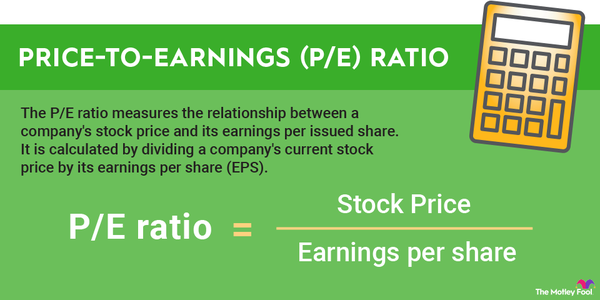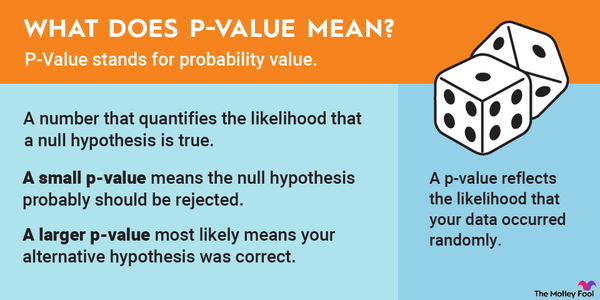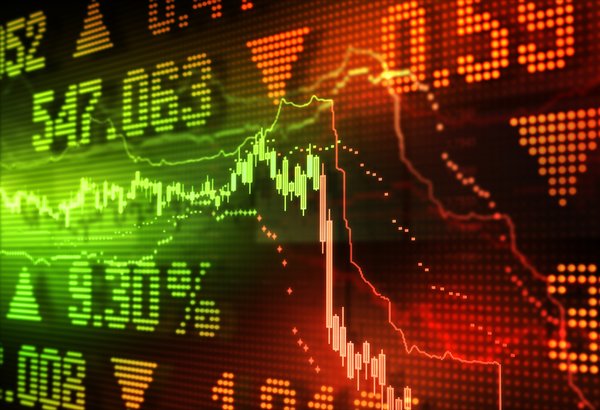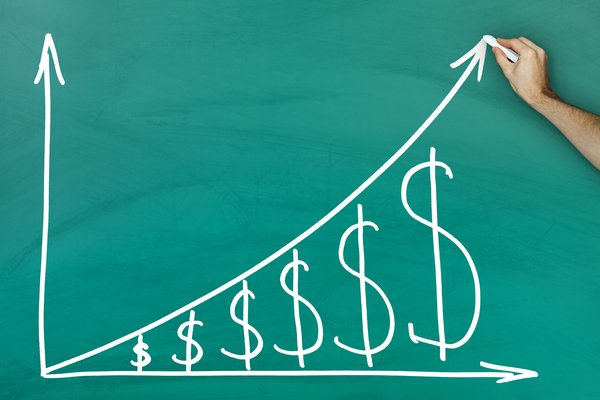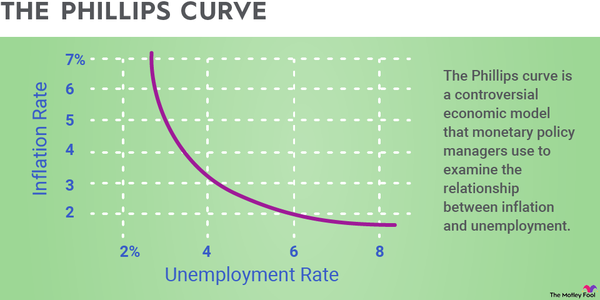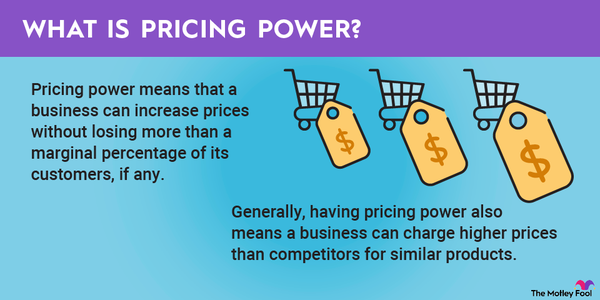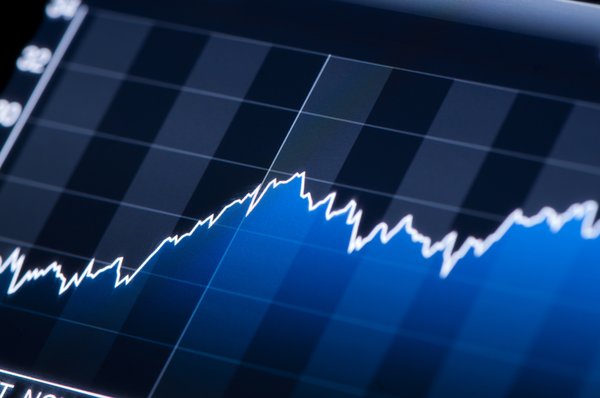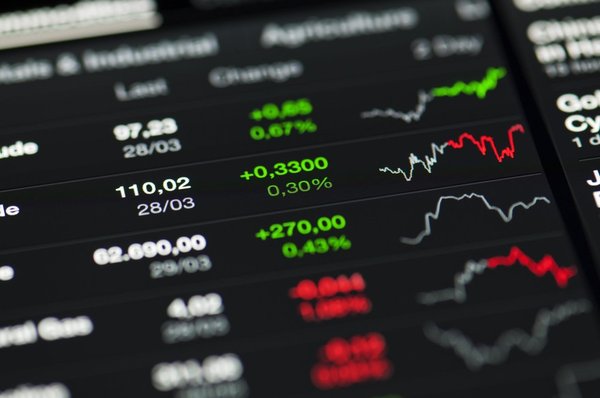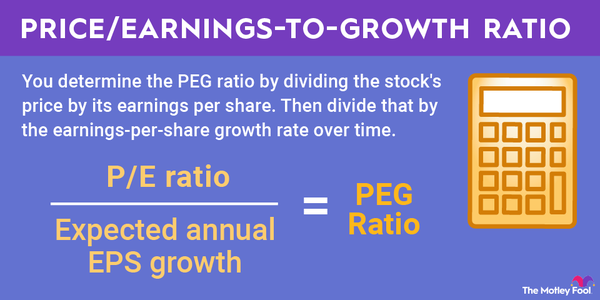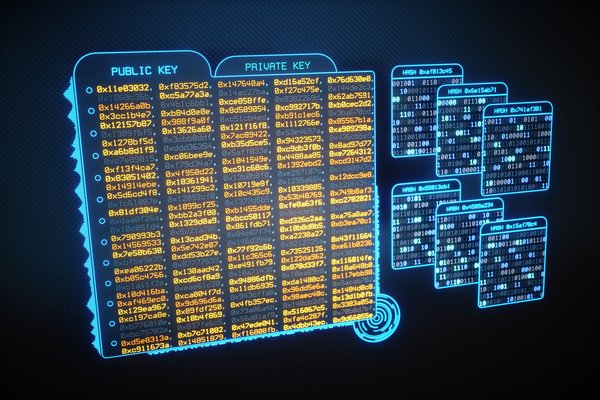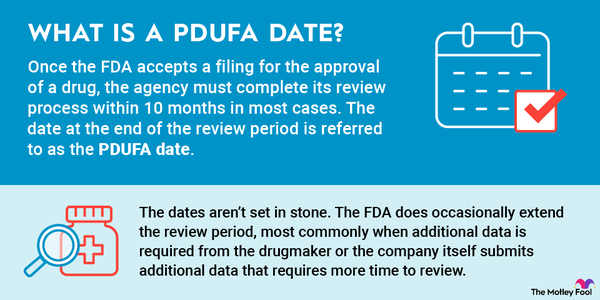Although water is clearly the most important liquid for life on the planet, petroleum is probably a close second for the human species. The remnants of ancient marine organisms, petroleum is a relative newcomer to the energy sector but is used for everything from transportation to medical products. Read on to learn more about the substance and why it’s so important to our species.
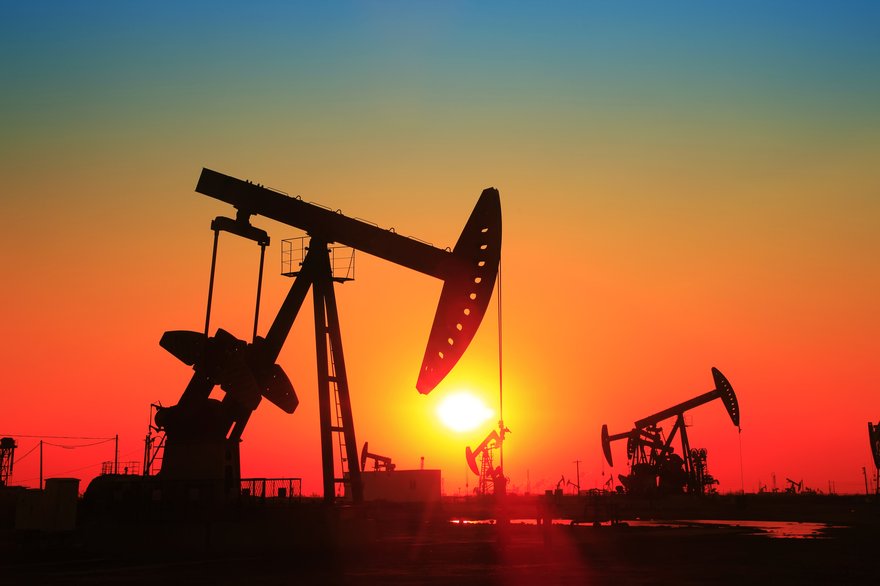
Overview
What is petroleum?
For millions of years, the remains of marine life have been heated and pressure-treated deep under the earth's surface, turning into a viscous liquid known as petroleum. If water is a necessary precondition for life on the planet, petroleum may be a precondition for civilization. It's used as the primary ingredient in everything from the gasoline that powers most of our vehicles to the plastic packaging that protects our online purchases.
Petroleum is considered a fossil fuel because its origins began between 300 million and 400 million years ago on the ocean floor. As the fossilized remains were covered with sand, silt, and rock, heat and pressure turned them into petroleum, which means "rock oil."
How it's used
How is petroleum used?
Consider the humble barrel of crude oil. Although it may hold only 42 gallons of crude oil, it can yield 45 gallons of petroleum products at a refinery because of what's known as "gain," or expansion in volume that's similar to what occurs with popcorn that's heated.
According to the U.S. Energy Information Administration (EIA), almost half of a barrel of crude oil -- 19.57 gallons -- is used for the gasoline that powers most of our vehicles. Another 12.47 gallons are used for distillate, or light fuel oil used for heating or diesel fuel. Jet fuel accounts for 4.41 gallons; hydrocarbon gas liquids (most commonly used for propane, propylene, or fuels burned to make more gasoline), 1.55 gallons; residual fuel oil (also used for heating, but mostly as bunker fuel for ships), 0.71 gallons; and other uses, 5.92 gallons.
Although all these uses are important for the functioning of a modern economy, the EIA may be simplifying the critical nature of petroleum. Without petroleum, it's likely there would be no anesthetics, heart valves, toothbrushes, sweaters, tires, deodorant, trash bags, insecticides, electrician's tape, refrigerants, ammonia, artificial limbs, or dozens of other products that we take for granted.
Problems
Problems of petroleum
Petroleum has become such a critical part of the economy that it's no longer enough to speak of the importance of the oil and gas sector. Instead, there's an upstream sector composed of companies that focus on producing oil and gas, a midstream sector that mostly transports petroleum products, and a downstream sector that sells petroleum products to final users.
Of course, there are also integrated oil companies with enormous market capitalizations that are known as supermajors, including ExxonMobil (XOM -0.11%), Shell (SHEL 0.36%), BP (BP 1.8%), Chevron (CVX -0.4%), and ConocoPhillips (COP -1.09%). Supermajors operate across all parts of the petroleum-producing sectors, doing everything from exploring for new sources of petroleum to delivering finished petroleum products to consumers.
Related investing topics
Most investors realize the importance of petroleum to a modern economy, whether consciously or not. But replacements for petroleum products are now getting more focus. Because petroleum is a hydrocarbon, burning it as gasoline, heating fuel, or feedstock to create plastics products has been implicated in climate change.
A race has been on for more than a decade to replace petroleum with renewable sources of energy, such as solar energy, wind power, or other alternative sources such as nuclear, tidal, hydropower, and biomass.
It's worth noting, however, that previous energy transitions -- such as the attempted replacement of coal with oil and natural gas -- seldom result in less use of a resource because of "Jevons Paradox." The paradox states that using a resource more efficiently lowers the cost of that resource, leading consumers to use more of it. For example, coal could be used more efficiently when oil and gas were discovered as a better fuel for heating and lighting, but the planet uses as much coal now as it did over a century ago.

